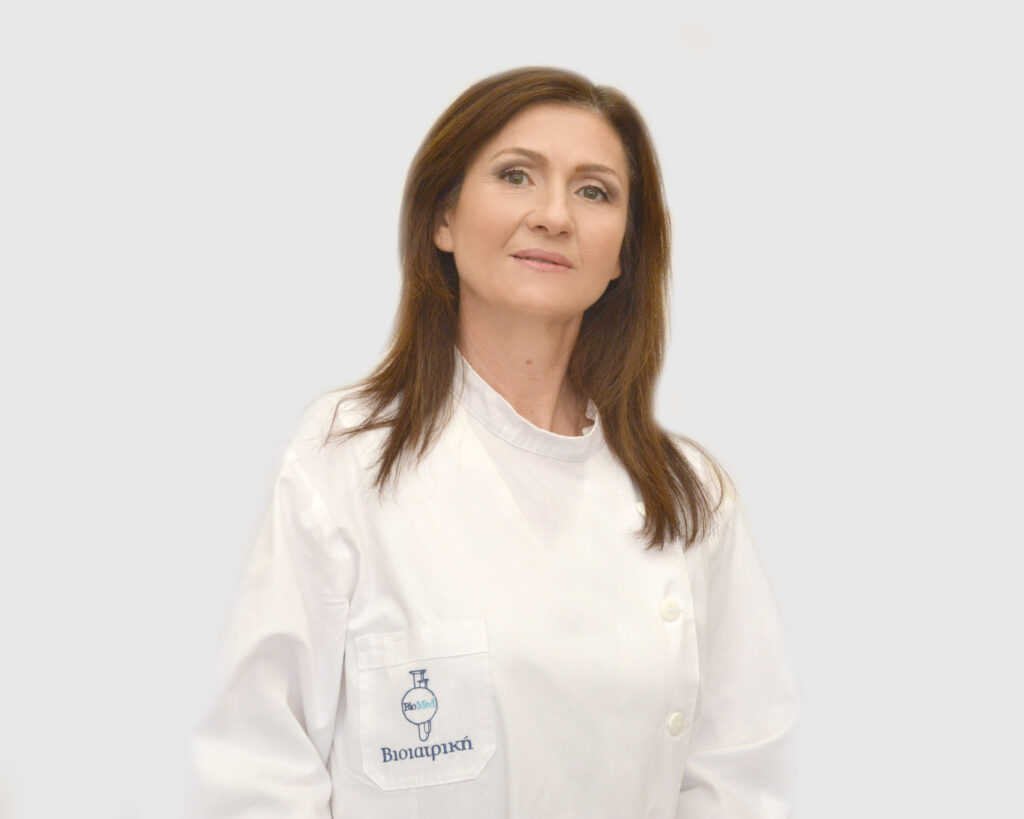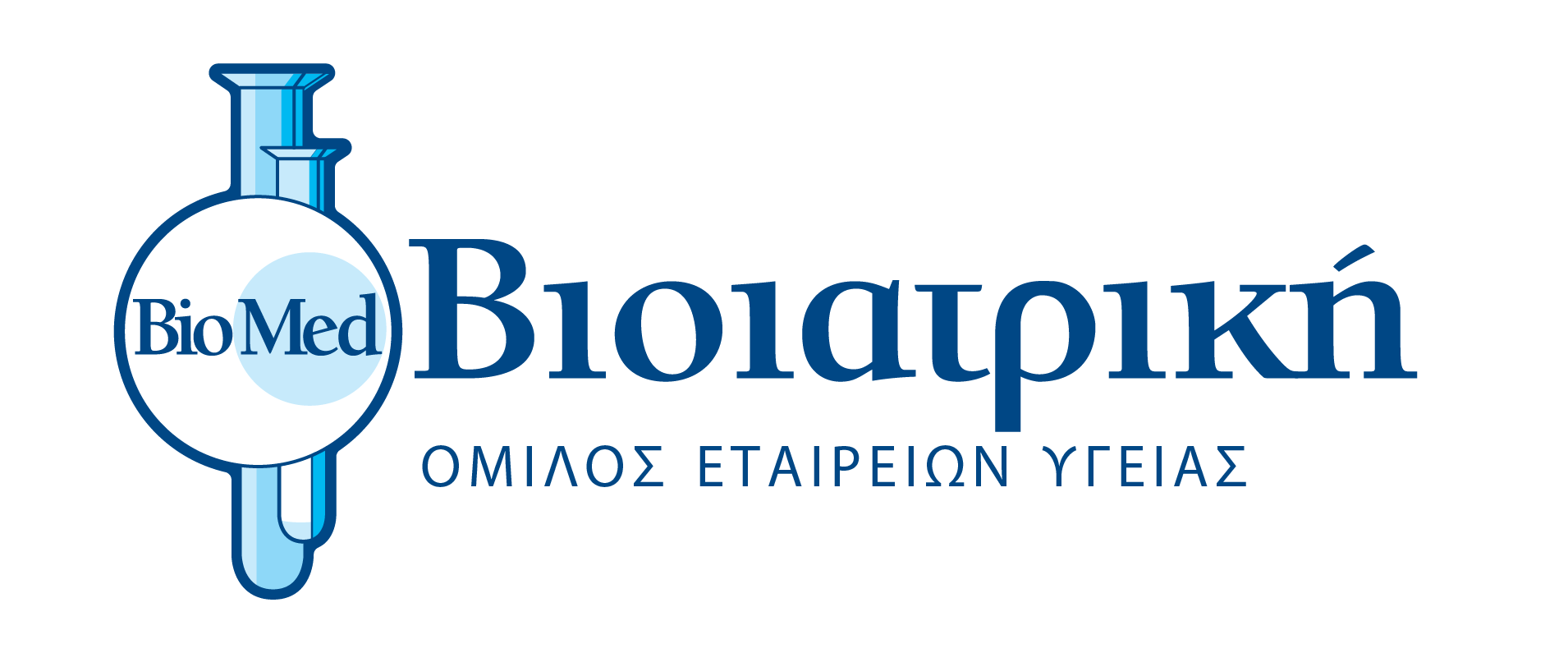
*by Elena Michaella Zamani
Blood tests are vital for humans. They are doctors’ ideal “tool” for diseases’ prognosis, diagnosis and monitoring regardless the age of the patient. Phlebotomy, also known as blood sampling, is the way of obtaining the patient’s blood for testing. The phlebotomy technicians are medical professionals who are trained to find the most suitable vein for the blood sampling. The better the blood sampling (e.g., adequate sample, proper separation of blood samples, etc.) the more accurate the result of the blood test.
However, blood sampling is a daunting procedure for children, some of which are terrified by even hearing the word “needle” or “blood.” This fear of theirs is of course justified, as many times the children associate the procedure with the sense of pain. Nevertheless, blood tests are inevitable during childhood. Therefore, choosing the proper blood sampling center is particularly important for the children not to develop any kind of fear for the blood or the injection which happens during the blood sampling procedure.
Specific phobia BII
BII phobia is related to Blood-Injection-Injury (BII). It is a condition in which people display an excessive and irrational fear in response to the sight of blood, needle, injuries, or invasive medical procedures (APA, 2013). In children BII phobia may be expressed through crying, nervousness, even attachment to their parent or guardian. In extreme cases, the child tends to feel nauseous or passes out, mainly due to a sudden decrease in the supply of glucose to certain areas of the brain or the oxygenation rate of the brain. Individual with BII phobia might not be aware of its existence, hence nor its available treatments. In fact, these people may interpret their fear as a personal weakness and try to hide it from phlebotomy technicians or avoid blood collection and other medical procedures.
The basic skills of a phlebotomy technician
Any job that requires contact with people requires a variety of communication and people skills, even more in the case of a phlebotomy technician. The patient is at the center of the blood sampling procedure and the technician supports them to successfully “pass” this procedure, and, at the same time, leave the blood sampling center with a positive experience. In children’s cases, the technician knows that they are remarkable strict critics. When the technician is honest and shows empathy and acceptance, children can feel it. In addition, listening to what the child has to say and respond to that, creates a supportive and stress-free environment.
Simple ways to deal with BII
- Be honest with your child about what is going to happen. That is, by saying “this doesn’t hurt” or “you are not going to feel a thing,” is not true at all and therefore, the child will be disappointed. Instead, you could say “it will tingle a little, but it will be okay very quickly.”
- Explain to your child the reasons why they must undergo this procedure and that they must remain calm and still for only a few seconds during blood sampling.
- Provide the child only with the necessary information which can understand and not feel scared or stressful.
- Avoid any kind of threats related to medical procedures such as: “behave yourself for you will hurt yourself and then I am going to call the doctor to do an injection to you.”
- Avoid saying: “don’t cry, you are a big boy/girl.” Crying is a way of expressing oneself and there is no reason for the person to feel inferior, weakness and/or shame for the way they feel.
- Children mimic their role models. Be careful of what you say or do that are related to these medical procedures in the presence of children.
- If the child is young, you could read them a book or relevant story or make up of a story that will make them get familiarized with the medical conceptions and procedures.
- Additionally, you can boost their positive behavior by rewarding them with a small symbolic present or something you promised them to buy for them earlier.
- Highlight the importance of courage and the fact that all these happen for their own sake and wellbeing. It is particularly important for the child to understand the reason they did this and how this medical procedure will help me be healthy.
In conclusion, blood tests are vital for both adults and minors. Preparing a child for medical tests can be a challenge, especially when the child has a BII phobia. However, avoiding the examination may result to negative consequences for their health, directly or indirectly.
Yiannoukas Medical Laboratories, member of BIOIATRIKI Healthcare Group, provides the best service to the patients, by employing specialized personnel for blood sampling for both adult/over-aged and children/infant population groups. The approach, as well as the techniques applied, help children and adults to become as familiar as possible with the specific environment, so that the blood sampling process turns into an experience with a positive impact on their psychosomatic health.
*Phlebotomy technologist at Yiannoukas Medical Laboratories, BIOIATRIKI Healthcare Group in Cyprus. BA of Psychology
References: American Psychiatric Association (APA). (2013). Diagnostic and statistical manual mental disorders (DSM-5). (5th ed.). Washington, DC: American Psychiatric Association Task Force.









